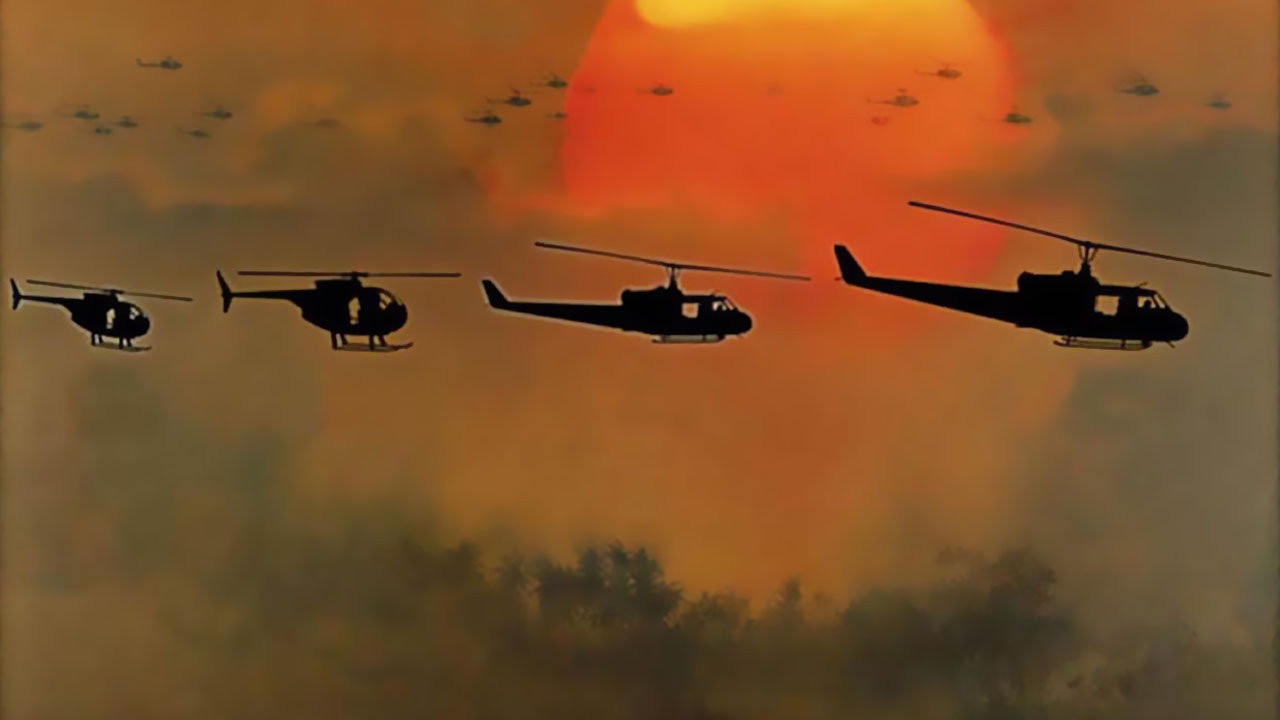Install the app
How to install the app on iOS
Follow along with the video below to see how to install our site as a web app on your home screen.
Se debe tener en cuenta: This feature may not be available in some browsers.
Estás usando un navegador obsoleto. No se pueden mostrar este u otros sitios web correctamente.
Se debe actualizar o usar un navegador alternativo.
Se debe actualizar o usar un navegador alternativo.
Star Wars Episodio VII dirigido por J.J.Abrams
- Autor Peter Jackson
- Fecha de inicio
ignatius_reilly
Miembro habitual
- Mensajes
- 3.332
- Reacciones
- 1.988
Hinomura Krycek
Bayofilo
Star Wars Trailer Japanese Captions Translation
Rey is in trouble in the beginning. The voice that asks “Who are you?” uses a very arrogant tone, asking “Omae wa nani mono da” instead of the traditional “onamae wa nan desuka.” Although it’s a woman’s voice, the choice of words would be more traditionally masculine in Japanese. This likely is a signal that the person talking to Rey is an authority figure, probably an Imperial leader of some sort.
• Rey is not very rebellious. Just as the question was asked in a masculine way, Rey’s response (“I’m not anything.”) is very feminine. That could be a cultural thing—Japanese translators often add sexism where none exists in the English version—or it could be a way of signaling that she is being very deferential. At any rate, this is not a Leia-like figure standing up to the Empire, but someone beaten down by it.
• Japanese is frustratingly vague sometimes. The brief title card says simply “Wake up.” That could be a reference to Rey or it could be talking about the Force. It could alternately be read as “She shall awaken” or “It awakens.” As we said before, Japanese often leaves out things English speakers find a bit, shall we say, necessary to understanding the full meaning. But it’s likely a double-meaning, that the Force is awakening, as is Rey’s knowledge of her own power.
• Rey and Finn don’t formally meet right away. In contrast to the earlier introduction, Rey and Finn’s is very casual on both sides, with Rey using the very informal “name is?” (“namae wa” instead of the honorific “onamae”) and Finn replying “Finn da” (a more casual version of “Finn desu.”) This indicates that the two have probably already gotten familiar before they had a chance to introduce themselves—perhaps one of them rescues the other somehow?
• There’s a lot of subtext about family. When Kylo Ren addresses Vader’s helmet, the Japanese translation says “I am the one to inherit your legacy.” The next title card uses the passive construction of the same verb to say “A new generation is inheriting the world.” This may be coincidental or it could be a signal that there are some family relationships between characters that we—and possibly they—don’t know yet.
• One more clue. At the end, the woman’s speech is translated as “Hope is not lost…” (or “Our hope is not lost,” thanks Japanese vagueness!) “…it was reborn.” Instead of the English version, which says “Hope was not lost today, it is found.”
Peter Jackson
Pizza Time Dude!
Brando
Miembro habitual
- Mensajes
- 18.248
- Reacciones
- 8.274
Wontnerman
Miembro habitual
Muere Daniel Fleetwood, el fan enfermo de Star Wars que vio la última entrega
Muere Daniel Fleetwood, el fan enfermo de Star Wars que vio la última entrega
Daniel Fleetwood, el fan enfermo de cáncer de Star Wars que hizo realidad su sueño de ver 'El despertar de la Fuerza', ha fallecido a los 32 años. El joven cumplió su última voluntad gracias a una campaña en las redes sociales y se convirtió en el primero en ver el Episodio VII dos meses antes de su estreno.
- Cumplió su sueño. Descanse en paz. La magia del cine no salva vidas pero alivia el dolor físico de maneras inimaginables. Ahora es uno con la Fuerza.
ignatius_reilly
Miembro habitual
- Mensajes
- 3.332
- Reacciones
- 1.988
Hicieron lo mismo con una niña que se estaba muriendo, pero con la peli de UP
Lo curioso es que la niña murió al de un par de horas, este chico también ha muerto un par de dias después
Es como si su cuerpo o mente aguantase incoscientemente para el "regalo" y una vez que han visto la pelicula, saben que ya no tienen que esperar por nada y se "dejan ir"
La verdad es que me da pena
Lo curioso es que la niña murió al de un par de horas, este chico también ha muerto un par de dias después
Es como si su cuerpo o mente aguantase incoscientemente para el "regalo" y una vez que han visto la pelicula, saben que ya no tienen que esperar por nada y se "dejan ir"
La verdad es que me da pena
Moff Tarkin
antes conocido como dfcjedi
Es una historia muy triste. Un detalle con un fan al que la vida no le ha tratado demasiado bien.
Espero que le haya gustado. DEP
Espero que le haya gustado. DEP
Brando
Miembro habitual
- Mensajes
- 18.248
- Reacciones
- 8.274
- Dame la chaqueta

- Chachi, me queda super bien, es de mi talla

- Esa es la camara, no?

- No pasaras!

'Star Wars: The Force Awakens': Dozens of New Photos!

- Chachi, me queda super bien, es de mi talla

- Esa es la camara, no?

- No pasaras!

'Star Wars: The Force Awakens': Dozens of New Photos!
Peter Jackson
Pizza Time Dude!
A Leia la vas a ver de florero en la base de la resistencia.
MeMySelf
Miembro habitual
- Mensajes
- 10.953
- Reacciones
- 5.580
Pues parece ser que el papel de Leia no es tan florero...
As Abrams said, her story is one of the heavier ones in the film
Star Wars The Force Awakens: Carrie Fisher on returning to the toughest woman in the Star Wars galaxy | EW.com
As Abrams said, her story is one of the heavier ones in the film
Star Wars The Force Awakens: Carrie Fisher on returning to the toughest woman in the Star Wars galaxy | EW.com
Brando
Miembro habitual
- Mensajes
- 18.248
- Reacciones
- 8.274
E
Eliminado22
Invitado
Estos dos han follao... FIJO.





















